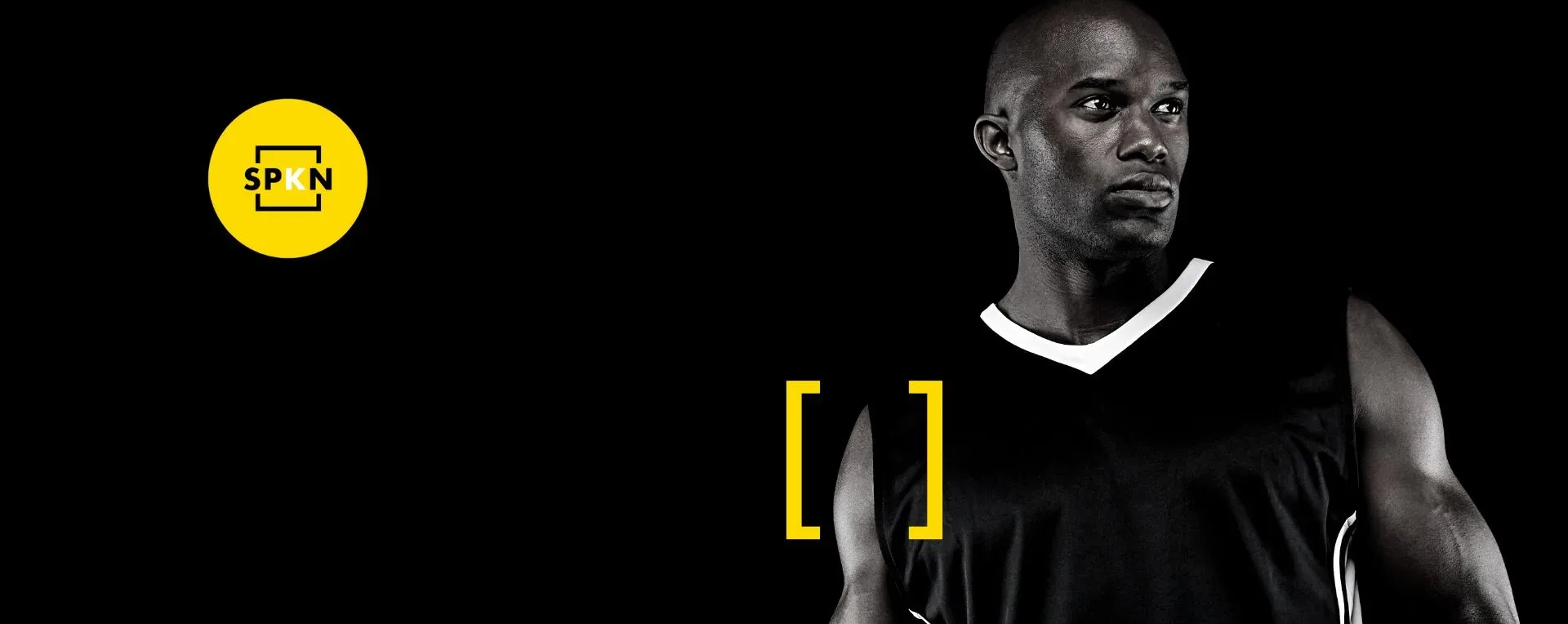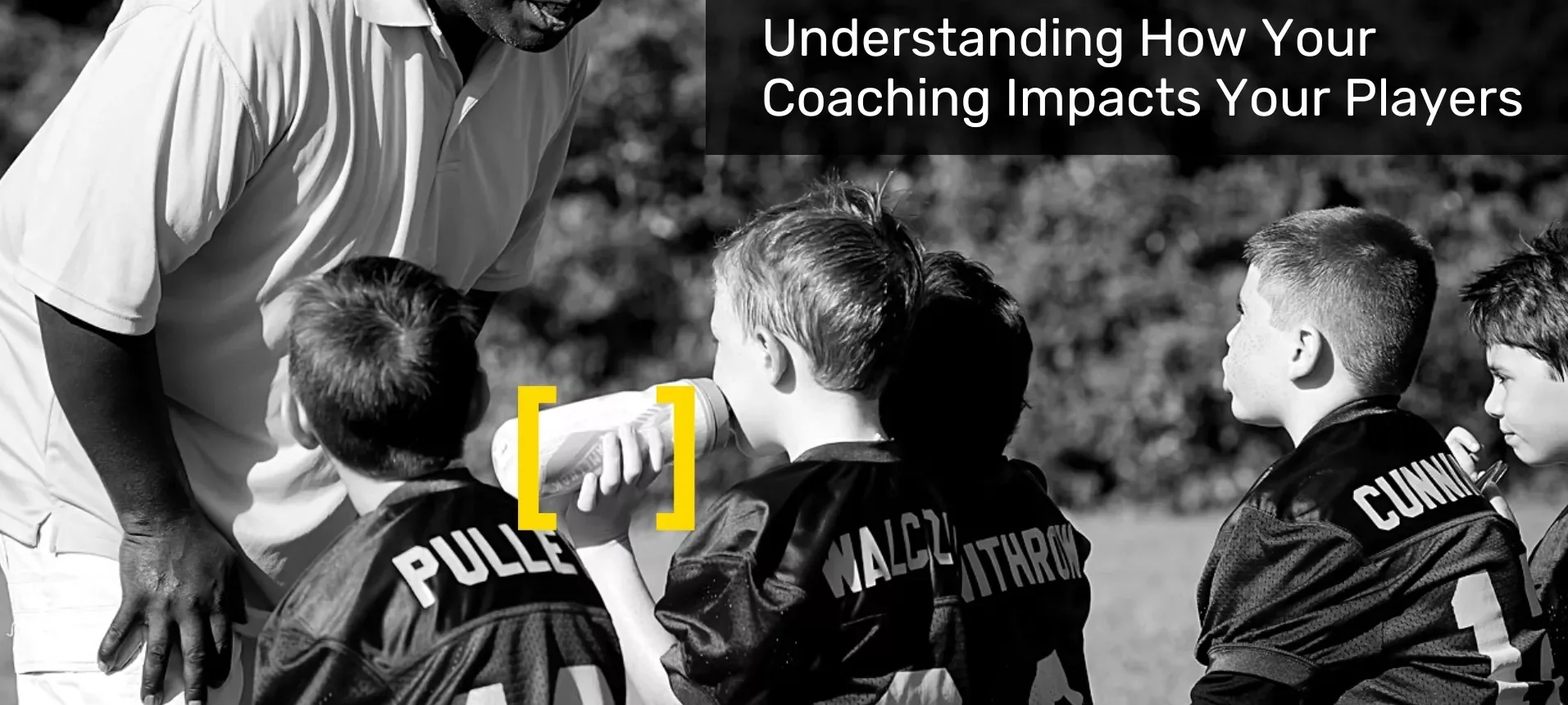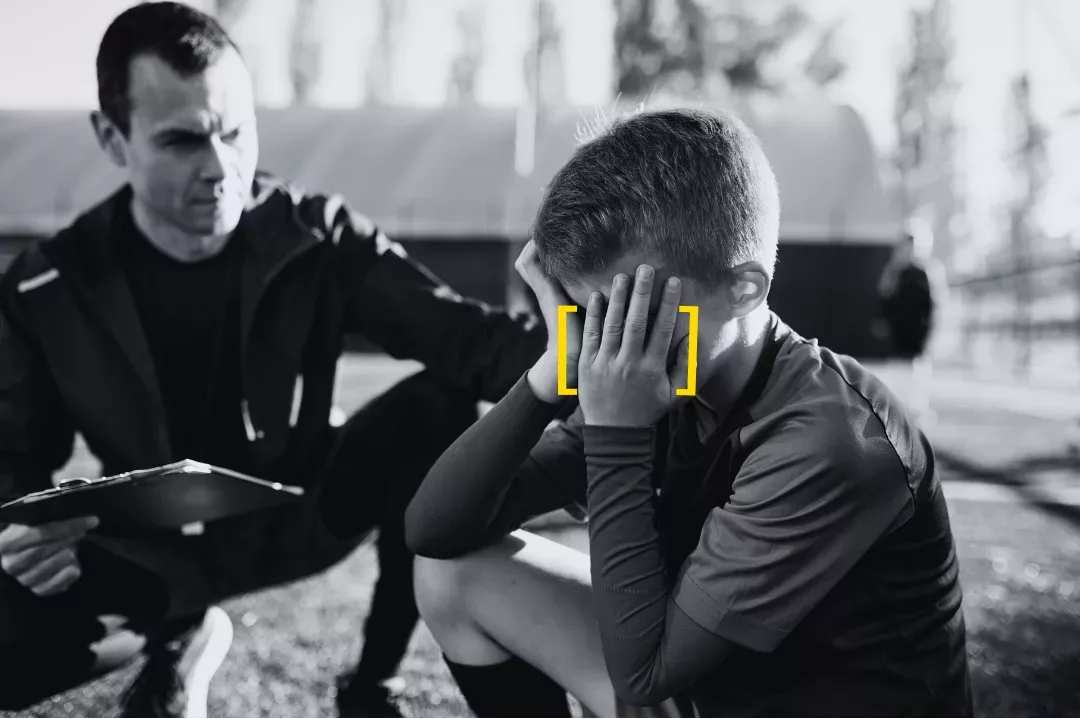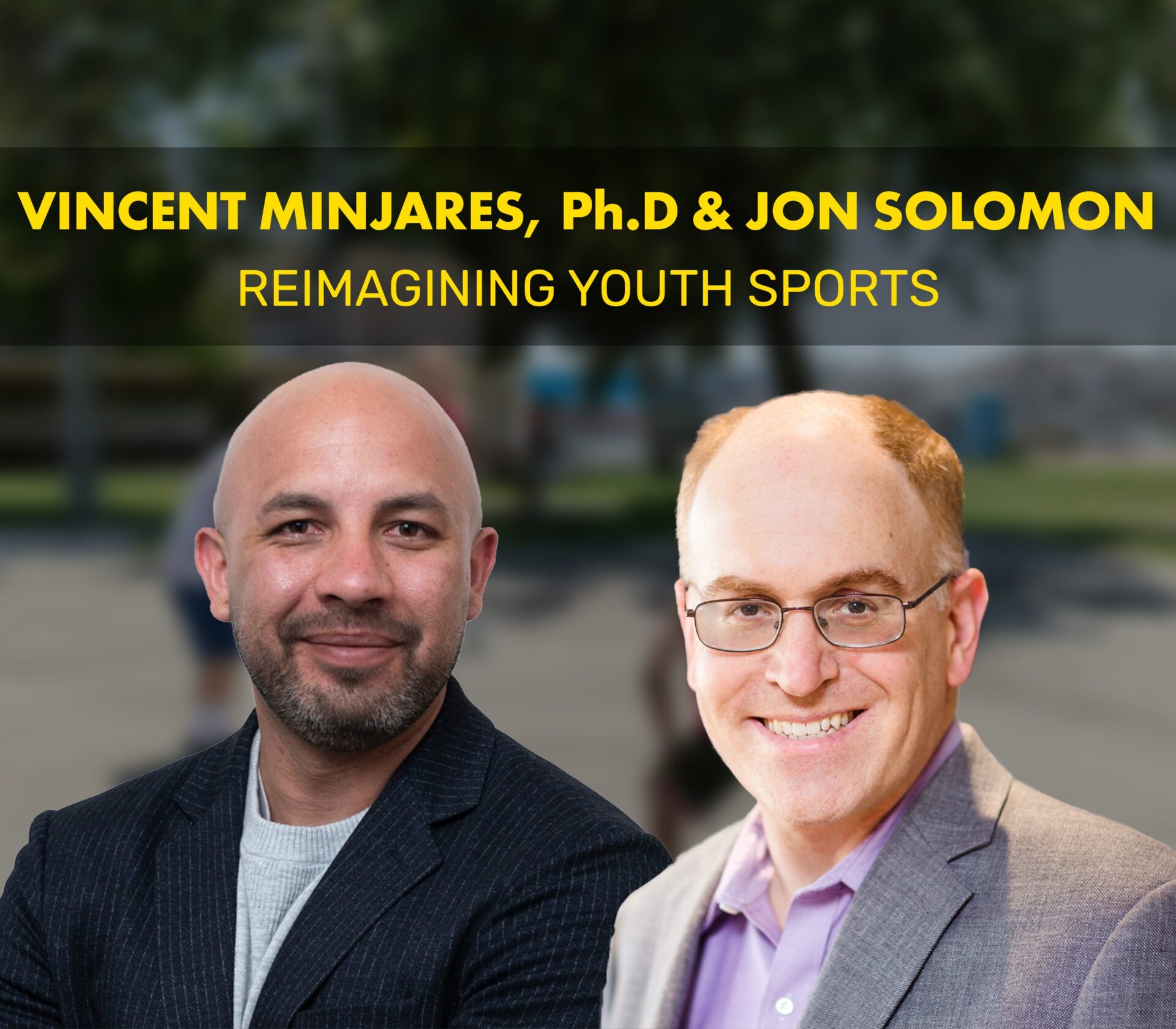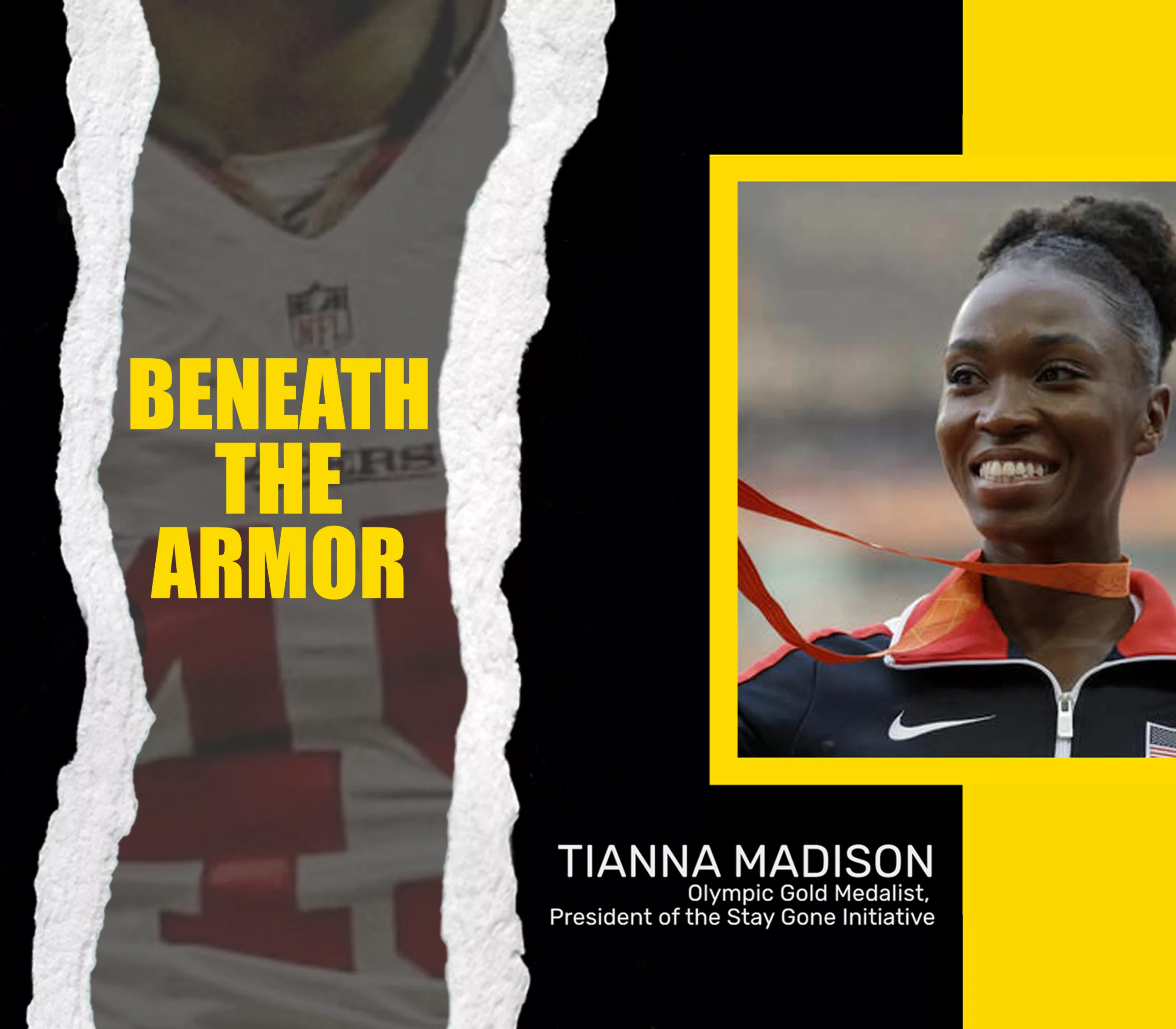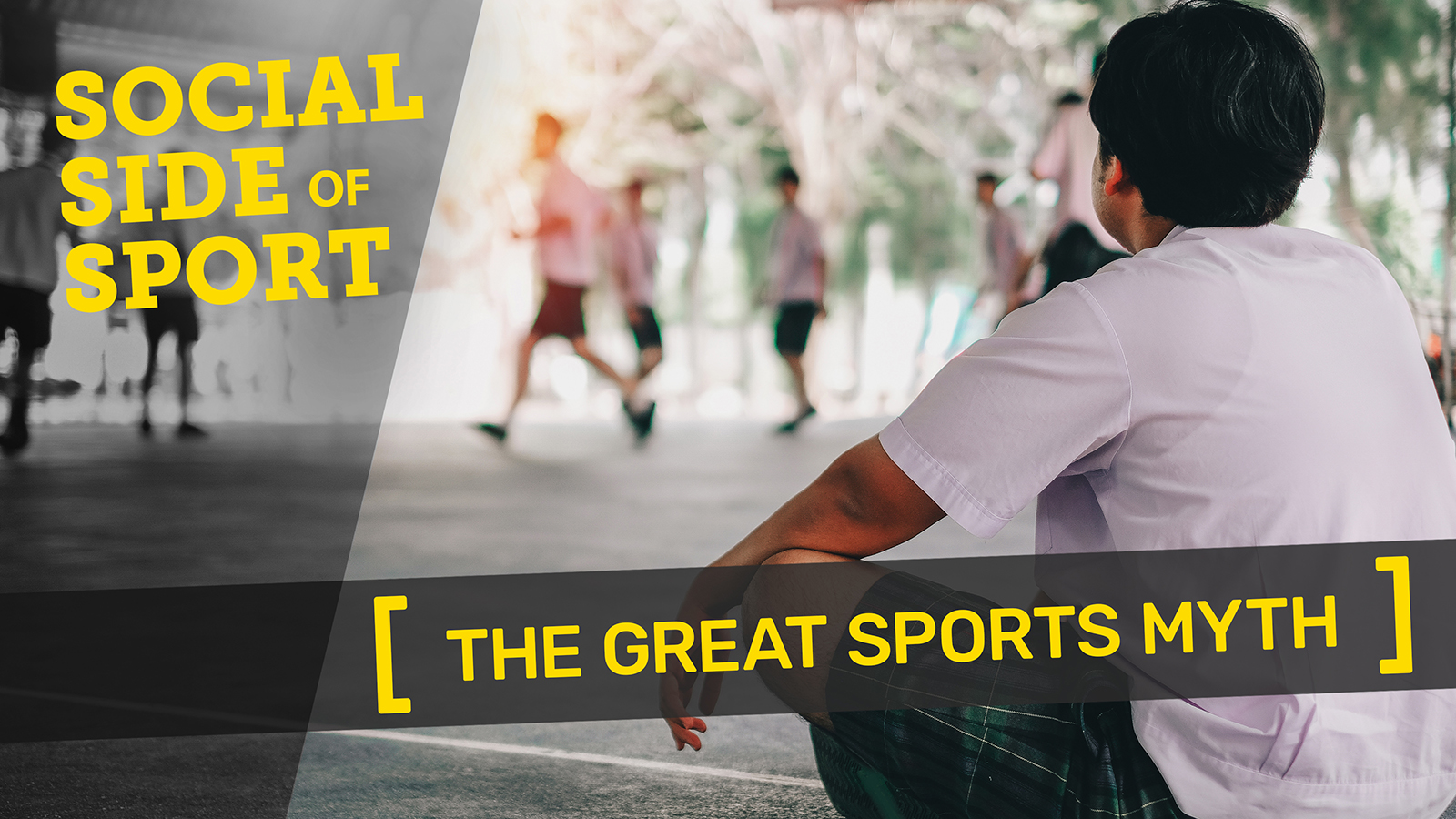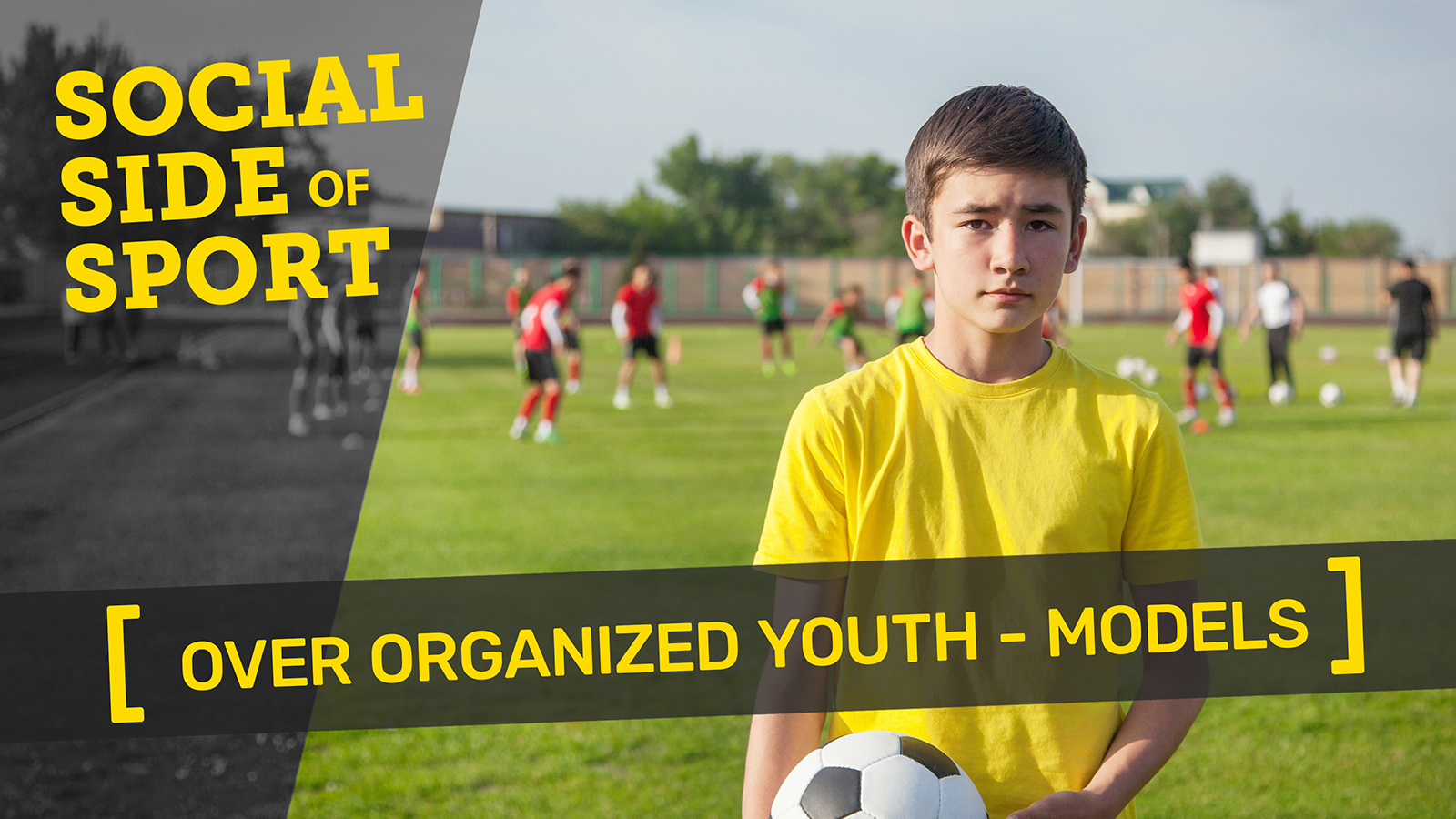All too often, we, as coaches, believe we have given crystal clear directions. Why, then, are my players not able to follow through? It turns out that giving clear directions is not only an essential part of the coach-athlete relationship but a vital element of athlete development.
The Essence of Communication
Communication is foundational for effective coaching. It serves as the conduit through which a coach’s knowledge, expertise, and guidance are transmitted to athletes. In essence, communication provides the framework for instruction, feedback, and motivation. The quality of this communication significantly impacts the coach’s effectiveness and the athlete’s overall performance.
The Two-Way Street of Coach-Athlete Communications
Communication in a coaching context is not a one-sided affair. It’s a two-way street involving both the coach and the athlete. The coach imparts instructions, strategies, feedback, and motivation, while the athlete, in turn, communicates their understanding, feedback, concerns, and emotions. This reciprocal exchange of information fosters a shared understanding and facilitates the achievement of shared goals.
The Power of Clear Directions
Clear, concise, and precise directions are a hallmark of effective communication in coaching. They serve as a roadmap guiding the athlete’s journey toward skill acquisition and performance enhancement. Clear directions foster understanding, reduce ambiguity and facilitate the efficient execution of skills and strategies.
✅ The Role of Verbal and Non-Verbal Communication
Communication in coaching is not limited to verbal exchanges. Non-verbal cues, such as body language, gestures, facial expressions, and even silence, can convey powerful messages. A coach’s ability to adeptly maneuver both verbal and non-verbal communication channels can significantly enhance the coaching process.
Feedback: The Catalyst for Improvement
Feedback is a vital component of the communication process in coaching. It serves as a mirror reflecting the athlete’s performance, strengths, weaknesses, and areas for improvement. Whether positive or negative, constructive feedback propels the athlete towards growth and improved performance.
✅ Timing and Frequency
The timing and frequency of feedback are crucial in coaching. Feedback delivered at the right time, in the right amount, can motivate, inspire, and guide the athlete towards improvement. Conversely, poorly timed or excessive feedback can overwhelm, confuse, or discourage the athlete.
Communication as a Skill
Just like any other skill, effective communication can be developed with conscious effort and practice. Coaches can enhance their communication skills through self-reflection, feedback from athletes and peers, consistent practice, and continuous learning.
✅ Incorporating Technology in Coaching Communication
With the advent of technology, new mediums of communication have emerged in the coaching landscape. Technologies such as video feedback, data analytics, and digital platforms provide innovative ways to communicate, instruct, and provide feedback.
Effective Communication
Effective communication is not just a tool for coaching; it is the foundation upon which coach development, sport leadership, and sport knowledge are built. It facilitates the transfer of knowledge, nurtures leadership skills, fosters positive coach-athlete relationships, and promotes a conducive learning environment.
Communication in coaching is a dynamic, complex, and crucial aspect of the coaching process. Through effective communication, a coach’s knowledge, expertise, and leadership are transmitted, understood, and appreciated by the athlete. Clear directions, constructive feedback, and adept use of verbal and non-verbal communication channels enhance the effectiveness of coaching, ultimately leading to improved athlete performance and holistic development.
Always keep learning, growing, & pushing the boundaries of what is possible. Stay Curious and Inspired!
➡️ For more insights on this and other topics, visit our website www.SPKNmedia.org. Don’t miss future issues of the SPKN Knowledge Nugget SUBSCRIBE TODAY. ????
RESOURCES
Otte, F. W., Millar, S.-K., & Klatt, S. (2019b). Skill training periodisation in ‘specialist’ sports coaching – an introduction of the ‘PoST’ framework for skill development. Frontiers in Sports and Active Living, 1, 61.
Partington, M., Cushion, C., & Harvey, S. (2014). An investigation of the effect of athletes’ age on the coaching behaviors of professional top-level youth soccer coaches. Journal of Sports Sciences, 32(4), 403–414.
Williams, A. M., & Ford, P. R. (2009). Promoting a skills-based agenda in Olympic sports: the role of skill-acquisition specialists. Journal of Sports Sciences, 27(13), 1381–1392.
This article was written by Meg Wilson, a coach and performance consultant with a passion for developing coaches, athletes, and fostering positive sports experiences. Drawing from academic research and practical insights, she strives to empower coaches and athletes through knowledge, promoting continuous learning, and holistic development.


